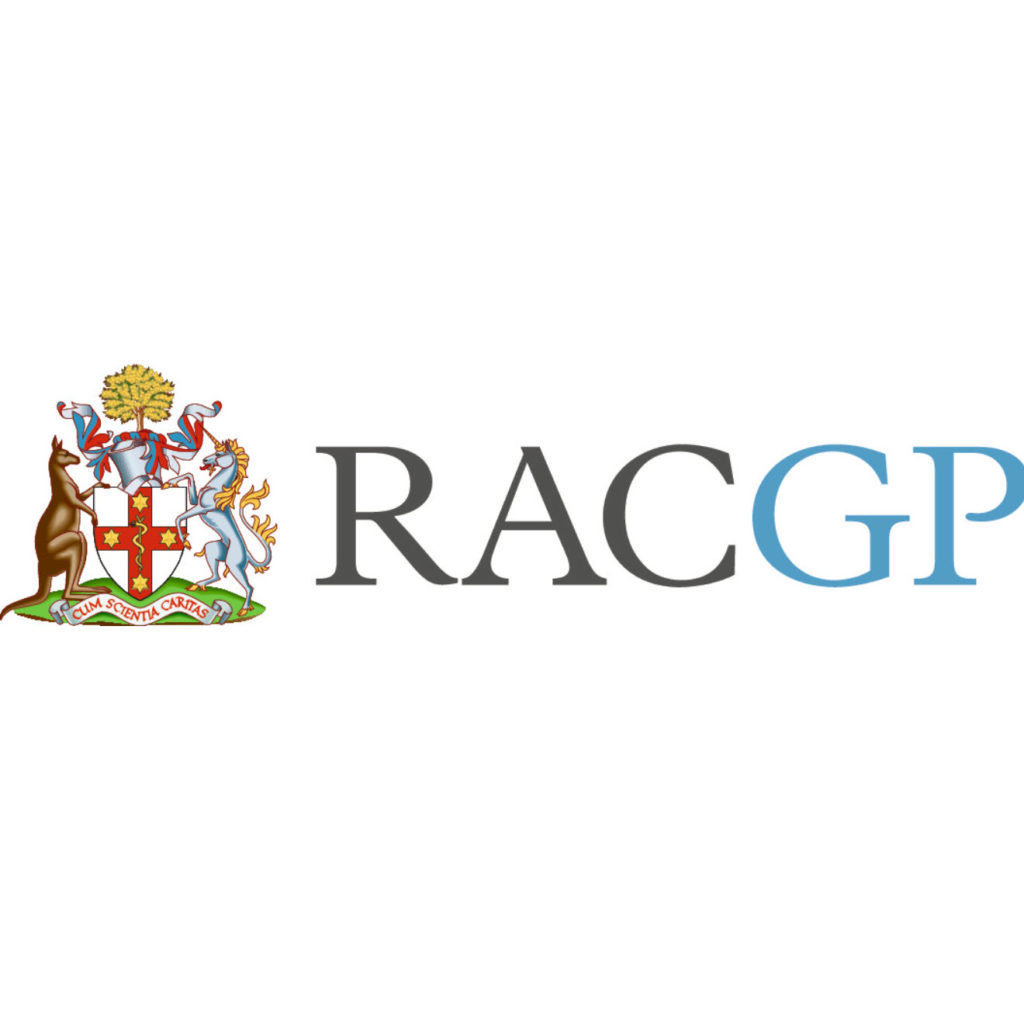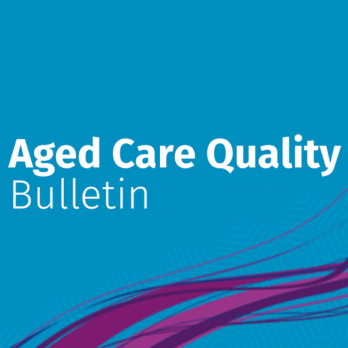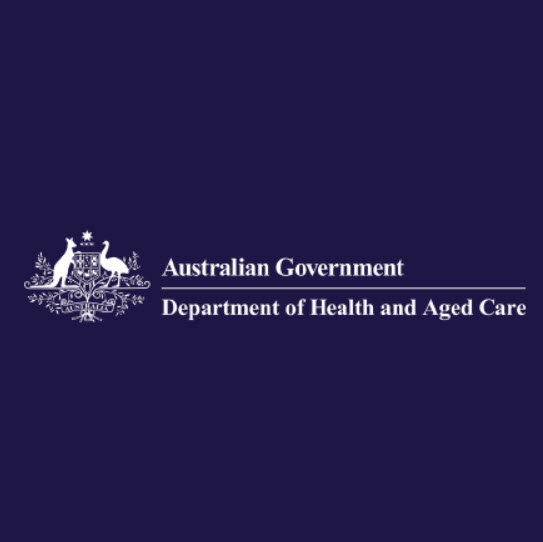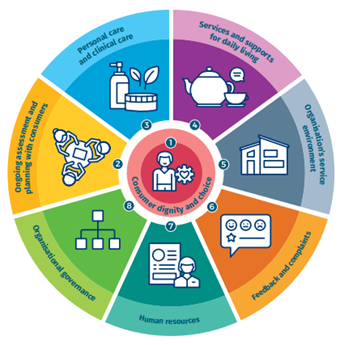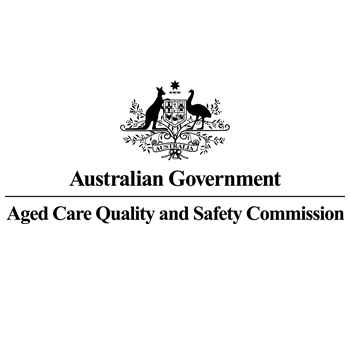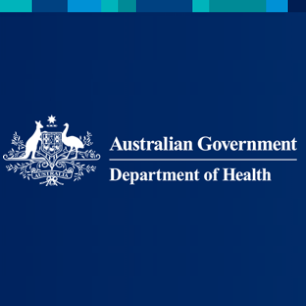This clinical alert follows the preventable death of an aged care resident as a direct result of being administered medications that were not prescribed for them.
The coroner noted the resident’s death was due to a series of systemic errors and a wholesale lack of adequate checks and balances occurring when the service was transitioning from their original paper-based, handwritten medication charts to an electronic medication management (EMM) system.
Key points
• In this instance, the resident’s preventable death was linked to factors associated with the service’s implementation of a new electronic medication management (EMM) system. However, the circumstances of this death also underscore the importance for all residential aged care services of ensuring that they have ironclad protocols in place to prevent medication errors occurring at any time.
• When changing, updating, or transcribing a resident’s medication record/chart, it is strongly recommended that there is an effective process involving at least 2 people independently checking the medication records.
• GPs and prescribers should be aware of their overarching responsibility in signing either electronically generated or handwritten medication charts.
• It is important that residential aged care services conduct regular medication audits reporting to their medications advisory committee, and promptly address any issues detected.
• Where possible, ensure residents are informed about what medications they are taking. This can provide another layer of safety. Staff, residents, and involved family members should feel empowered to raise concerns or issues about residents’ medications.
• Ensure the 6 ‘rights’ of administering medication are carried out every time: the right medication; the right dose; the right person; the right time; the right route; and the right documentation. Errors regarding these 6 fundamentals of medication management were frequently identified in analysis of medication related complaints to the Commission, indicating that more caution is required.
Read more:
Clinical Alert: Preventing medication transcribing and dispensing errors in residential aged care

